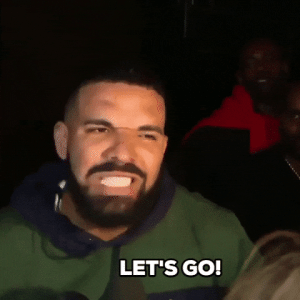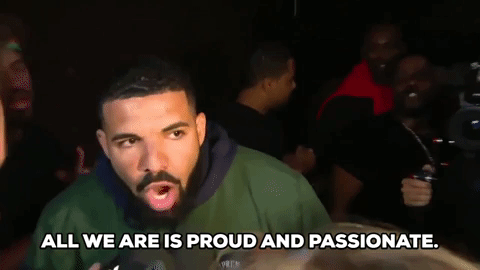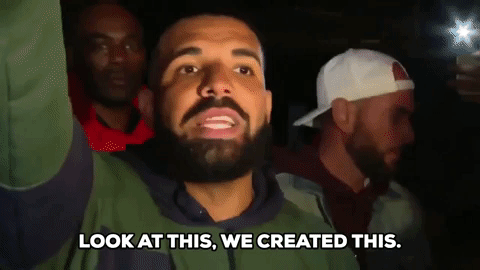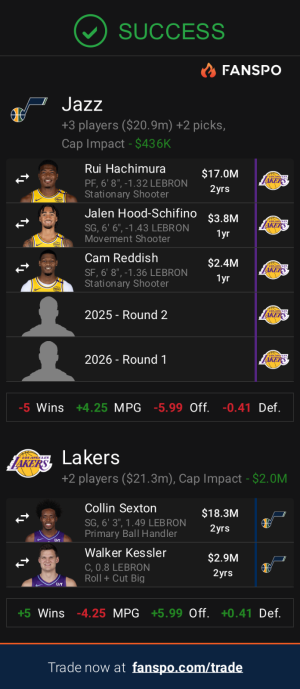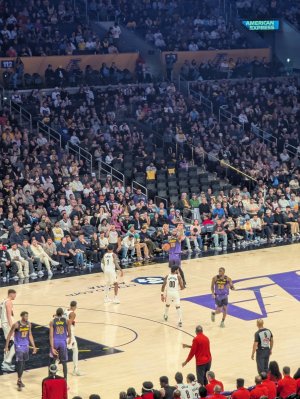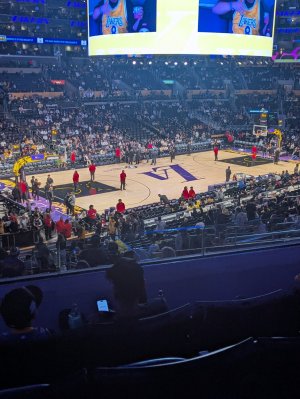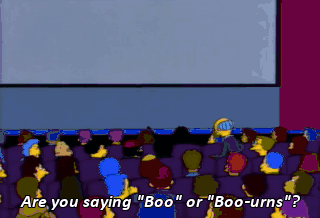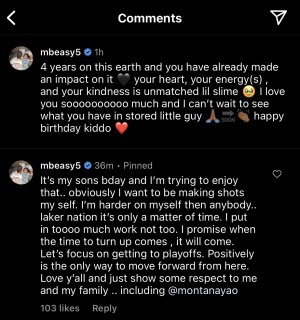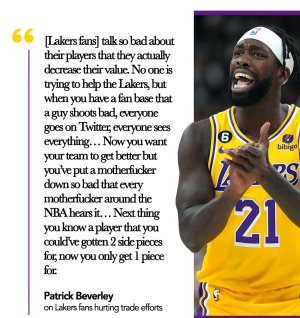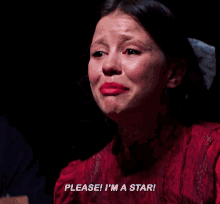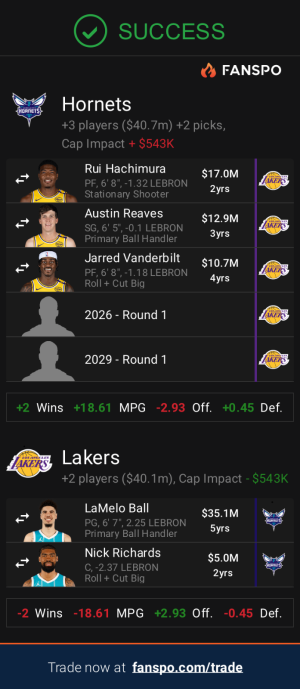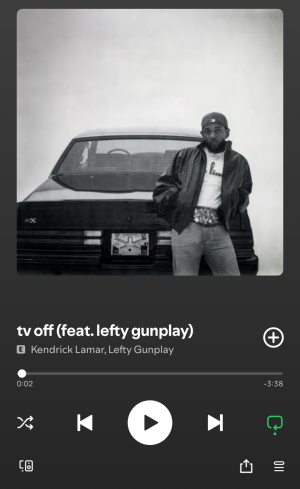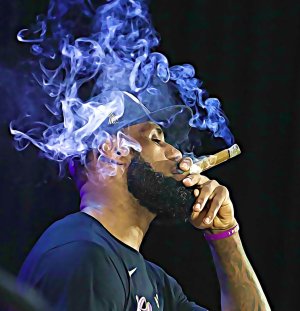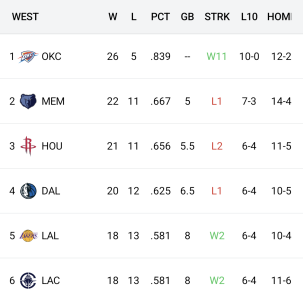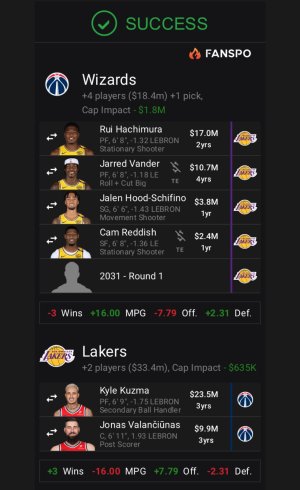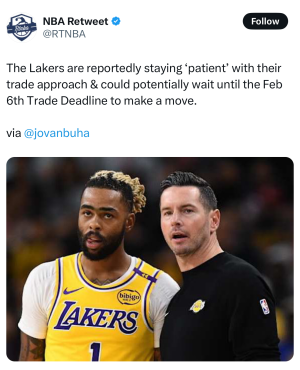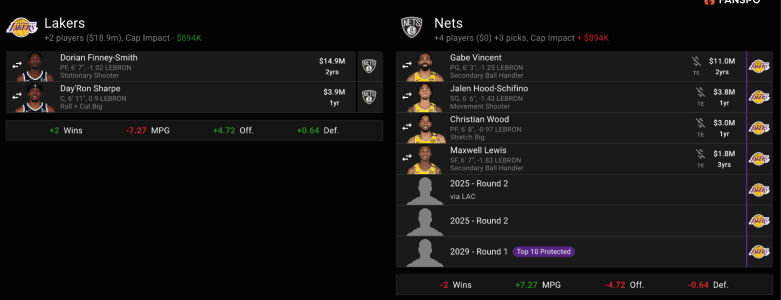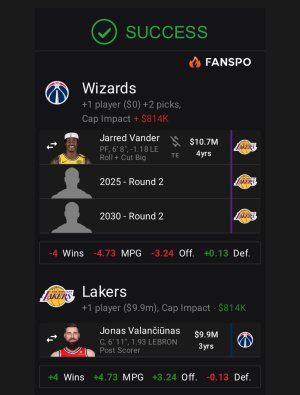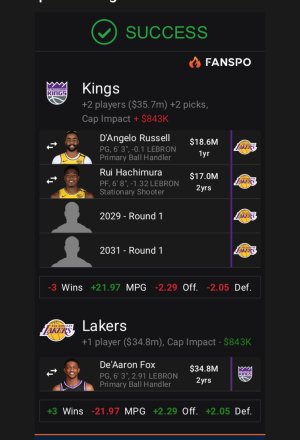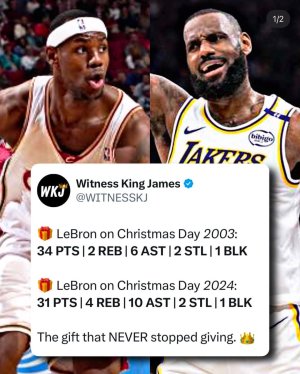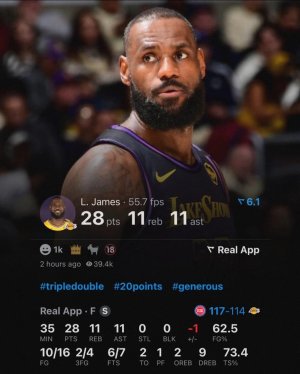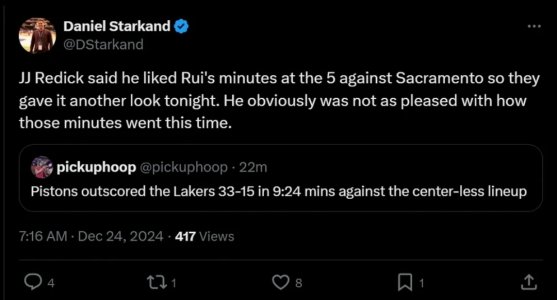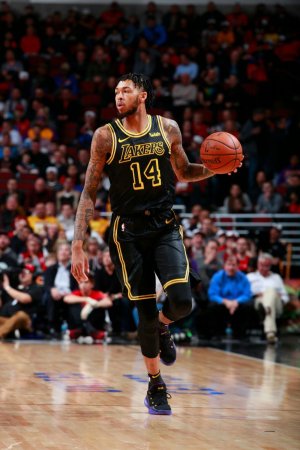Navigation
Install the app
How to install the app on iOS
Follow along with the video below to see how to install our site as a web app on your home screen.
Note: This feature may not be available in some browsers.
More options
You are using an out of date browser. It may not display this or other websites correctly.
You should upgrade or use an alternative browser.
You should upgrade or use an alternative browser.
**LA LAKERS THREAD** Sitting on 17! 2023-2024 offseason begins
- Thread in 'Sports & Training' Thread starter Started by licensed to ball,
- Start date
- May 17, 2007
- 25,304
- 24,248
Christie making #TheLeap has been awesome to watch.
Career high. 28 points tonight.
Career high. 28 points tonight.
- Feb 5, 2013
- 39,697
- 41,570
Un
Touch
Able

Touch
Able

- Aug 6, 2012
- 58,370
- 62,530
It pains me but it may be time to part with Rui. He is who he is at this point.
- Mar 20, 2017
- 24,184
- 31,868
What y’all think Pat can get for Jimmy?
- May 17, 2007
- 25,304
- 24,248
Rui was bad tonight. DFS does make him expendable.
I love Rui’s 3 point shooting but his iq makes me hella mad some times.
give it another 10-15 games tho, let Rui get out of this slump at least and see how the team looks.
Still think Center to play the Joker is the biggest need and would sacrifice Rui if it meant upgrading that spot for the rest of the decade.
I love Rui’s 3 point shooting but his iq makes me hella mad some times.
give it another 10-15 games tho, let Rui get out of this slump at least and see how the team looks.
Still think Center to play the Joker is the biggest need and would sacrifice Rui if it meant upgrading that spot for the rest of the decade.
- Feb 17, 2019
- 17,091
- 18,101
I heard Lakers are 6-2 since Max Christie has been inserted in the starting lineup.
Is JJ telling us hot pockets didn’t know what he had in Max Christie this entire time lol
Is JJ telling us hot pockets didn’t know what he had in Max Christie this entire time lol
MIKE LOWERY
formerly chuck finster
- Mar 1, 2007
- 7,683
- 4,869
Rui should go to the bench, but that's going to be a tough conversation to have. He's had to change his game so much over the past two seasons playing off Bron/AD.
But getting DFS means his time starting is likely coming to an end.
But getting DFS means his time starting is likely coming to an end.
- Sep 5, 2010
- 94,591
- 132,470

-Both centers provided good energy
-Not a good Rui game at all
-Bron and Max with the sharpshooting

-AR struggled creating separation against the Blazer guards
-DFS didn't do much on the box score, but I liked his physicality and energy
-Shake provided a burst on offense
-Knecht is the worst defensive player ever
-Surprised Redick waited until the fourth to break out the Bron-Rui-DFS frontcourt
-Need another ball handler/creator
-Fun first Laker game
- Feb 17, 2019
- 17,091
- 18,101
stAR point guARd Austin Reaves averaging 25.5 ppg, 8.3 rpg, and 11.8 asts in his last 4.
- Feb 5, 2013
- 39,697
- 41,570
Pistol reaves

- Sep 5, 2010
- 94,591
- 132,470
Also the "goaltends" by Hayes and Rui looked clean in person and replay. What gives?
- Feb 17, 2019
- 17,091
- 18,101
Two pieces away from contention

Another ball handler/creator,
Rim protector/rebounder, starting caliber center,
AR/Gabe/Bronny
Max/Sexton/Shake
Bron/Knecht/Vando
AD/DFS/Wood
Kessler/Hayes/Koloko
#18

Another ball handler/creator,
Rim protector/rebounder, starting caliber center,
AR/Gabe/Bronny
Max/Sexton/Shake
Bron/Knecht/Vando
AD/DFS/Wood
Kessler/Hayes/Koloko
#18
Last edited:
- Sep 5, 2010
- 94,591
- 132,470
Last 10 games for Max:
12 ppg on 47/44/93 shooting and stellar defense. He was getting fried by Simons last night, but not even mad. Upped his three point percentage to 37% after the ice cold start to the season.
12 ppg on 47/44/93 shooting and stellar defense. He was getting fried by Simons last night, but not even mad. Upped his three point percentage to 37% after the ice cold start to the season.
- Sep 5, 2010
- 94,591
- 132,470
The signs of why the Lakers traded for Dorian Finney-Smith are already showing.
Yes, Finney-Smith is still easing into the lineup two games after Los Angeles traded D’Angelo Russell, Maxwell Lewis and three second-round picks for Shake Milton and him. And yes, he scored only three points over 24 minutes during Thursday’s win over the Trail Blazers. But there are already flashes of what he can do to help — and surely, those will become more common as he grows on the West Coast.
Look at this sequence he pulled off Thursday against Portland, when he thwarted explosive 21-year-old Shaedon Sharpe, then jogged into a catch-and-shoot 3-pointer:
The Lakers needed a plug-and-play wing, someone who could knock in a deep ball, provide length on the perimeter and stop someone like Sharpe on drives like the one above. They got one in Finney-Smith — and they did it without sacrificing any first-round picks.
Head coach J.J. Redick is already showing trust in the 6-7 veteran. Finney-Smith is coming off the bench, but he closed both halves of the Portland game.
The beauty of this trade isn’t only the players involved. It’s also the timing.
Los Angeles now has time to evaluate its renovated roster before the Feb. 6 trade deadline. Finney-Smith could change the team’s dynamic, spurring it to make another move over the coming weeks. The Lakers could realize they lost too much playmaking with Russell’s departure, only to swing a trade for a facilitator. They could realize it’s worthwhile to stand pat. They also get a month and a half with Finney-Smith before considering a decision about his future.
Finney-Smith can become a free agent after this season. He has a $15.4 million player option for 2025-26. But he also becomes eligible for an extension Feb. 12. If he fits as the Lakers expect him to, is it possible he never hits the market at all?
As The Athletic has covered previously, a free agent’s best chance at getting paid this summer is by his own team. Only a few organizations have meaningful cap room and most of them are uncompetitive. Finney-Smith is the ultimate player with value on a winning squad but without much on a losing one. In an environment where extensions are more common than ever, could Finney-Smith opt for one, too?
It’s possible, if he were to hit the open market this summer, he would not receive an offer higher than the mid-level exception, which projects to be worth $14.1 million in 2025-26 salary.
Is there a compromise to be made come Feb. 12? Finney-Smith could decline the player option and take a multi-year deal that starts a tad below $15.4 million but a smidgen above the mid-level. Finney-Smith gets security. Los Angeles gets a malleable, winning player.
The Lakers have options. At least today, they are better than they were a week ago.
Yes, Finney-Smith is still easing into the lineup two games after Los Angeles traded D’Angelo Russell, Maxwell Lewis and three second-round picks for Shake Milton and him. And yes, he scored only three points over 24 minutes during Thursday’s win over the Trail Blazers. But there are already flashes of what he can do to help — and surely, those will become more common as he grows on the West Coast.
Look at this sequence he pulled off Thursday against Portland, when he thwarted explosive 21-year-old Shaedon Sharpe, then jogged into a catch-and-shoot 3-pointer:
The Lakers needed a plug-and-play wing, someone who could knock in a deep ball, provide length on the perimeter and stop someone like Sharpe on drives like the one above. They got one in Finney-Smith — and they did it without sacrificing any first-round picks.
Head coach J.J. Redick is already showing trust in the 6-7 veteran. Finney-Smith is coming off the bench, but he closed both halves of the Portland game.
The beauty of this trade isn’t only the players involved. It’s also the timing.
Los Angeles now has time to evaluate its renovated roster before the Feb. 6 trade deadline. Finney-Smith could change the team’s dynamic, spurring it to make another move over the coming weeks. The Lakers could realize they lost too much playmaking with Russell’s departure, only to swing a trade for a facilitator. They could realize it’s worthwhile to stand pat. They also get a month and a half with Finney-Smith before considering a decision about his future.
Finney-Smith can become a free agent after this season. He has a $15.4 million player option for 2025-26. But he also becomes eligible for an extension Feb. 12. If he fits as the Lakers expect him to, is it possible he never hits the market at all?
As The Athletic has covered previously, a free agent’s best chance at getting paid this summer is by his own team. Only a few organizations have meaningful cap room and most of them are uncompetitive. Finney-Smith is the ultimate player with value on a winning squad but without much on a losing one. In an environment where extensions are more common than ever, could Finney-Smith opt for one, too?
It’s possible, if he were to hit the open market this summer, he would not receive an offer higher than the mid-level exception, which projects to be worth $14.1 million in 2025-26 salary.
Is there a compromise to be made come Feb. 12? Finney-Smith could decline the player option and take a multi-year deal that starts a tad below $15.4 million but a smidgen above the mid-level. Finney-Smith gets security. Los Angeles gets a malleable, winning player.
The Lakers have options. At least today, they are better than they were a week ago.
- Aug 6, 2012
- 58,370
- 62,530
Wonder if they sit Bron vs Atlanta and bring back AD.
- Sep 19, 2012
- 7,934
- 10,967
I wonder why…The Lakers have options. At least today, they are better than they were a week ago.

- Sep 25, 2004
- 8,947
- 3,532
christie truthers 

- Sep 5, 2010
- 94,591
- 132,470
- Sep 5, 2010
- 94,591
- 132,470
- Feb 17, 2019
- 17,091
- 18,101
It’s crystal clear that the Lakers’ next move for a big man is going to be for either Valanciunas or Timelord or both.
Or trade for at least one of JV and Timelord plus another playmaking 2-way guard, because any of them will contribute a lot more to the Lakers ‘ championship aspirations than the Lakers’ remaining weak links - Rui, Vando, JHS, Reddish
If I’m Pelinka I do not wait until the Feb trade deadline to make a move. They should make a trade in the next week or two to give time for the new squad to gel and pile up as many wins as possible
Or trade for at least one of JV and Timelord plus another playmaking 2-way guard, because any of them will contribute a lot more to the Lakers ‘ championship aspirations than the Lakers’ remaining weak links - Rui, Vando, JHS, Reddish
If I’m Pelinka I do not wait until the Feb trade deadline to make a move. They should make a trade in the next week or two to give time for the new squad to gel and pile up as many wins as possible
- Apr 24, 2006
- 18,877
- 13,216
It’s crystal clear that the Lakers’ next move for a big man is going to be for either Valanciunas or Timelord or both.
Or trade for at least one of JV and Timelord plus another playmaking 2-way guard, because any of them will contribute a lot more to the Lakers ‘ championship aspirations than the Lakers’ remaining weak links - Rui, Vando, JHS, Reddish
If I’m Pelinka I do not wait until the Feb trade deadline to make a move. They should make a trade in the next week or two to give time for the new squad to gel and pile up as many wins as possible
What’s so good about Robert Williams? He’ll just be sitting in street clothes with Wood and Vando all season.
- Feb 5, 2013
- 39,697
- 41,570
word
gimme lauri
a real impact big
gimme lauri
a real impact big
- Aug 6, 2012
- 58,370
- 62,530
Robert Williams hurt all day and Valenciunas is too old.
Kessler is the way
Kessler is the way
- May 17, 2007
- 25,304
- 24,248
I think they’re leaning on moving forward with no center acquisition and just giving DFS the small ball 5 minutes.
Last edited:
Similar threads
- Replies
- 38
- Views
- 4K
- Replies
- 50
- Views
- 12K
- Replies
- 114
- Views
- 18K











